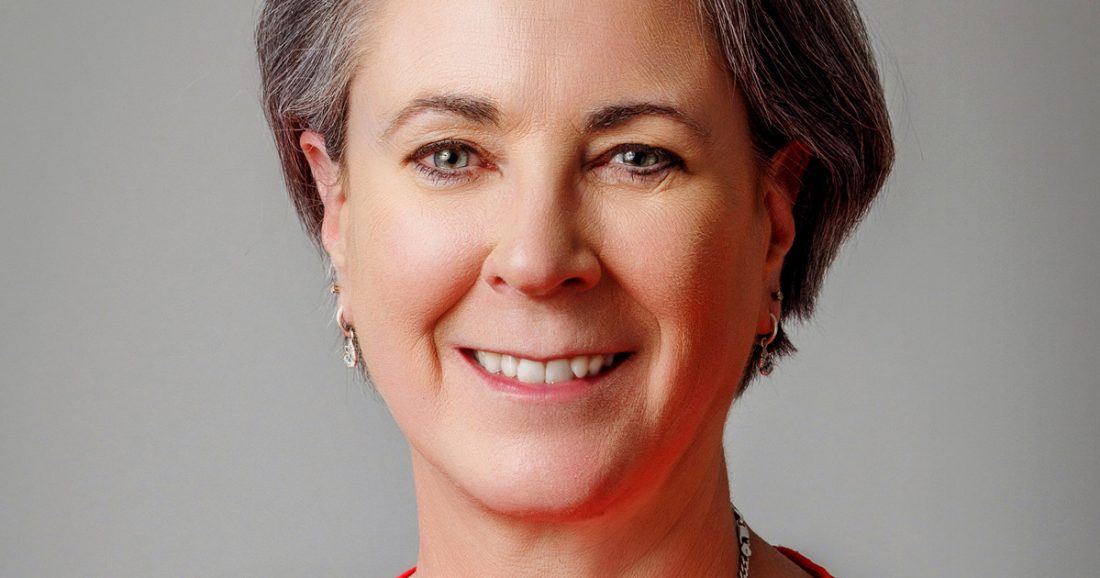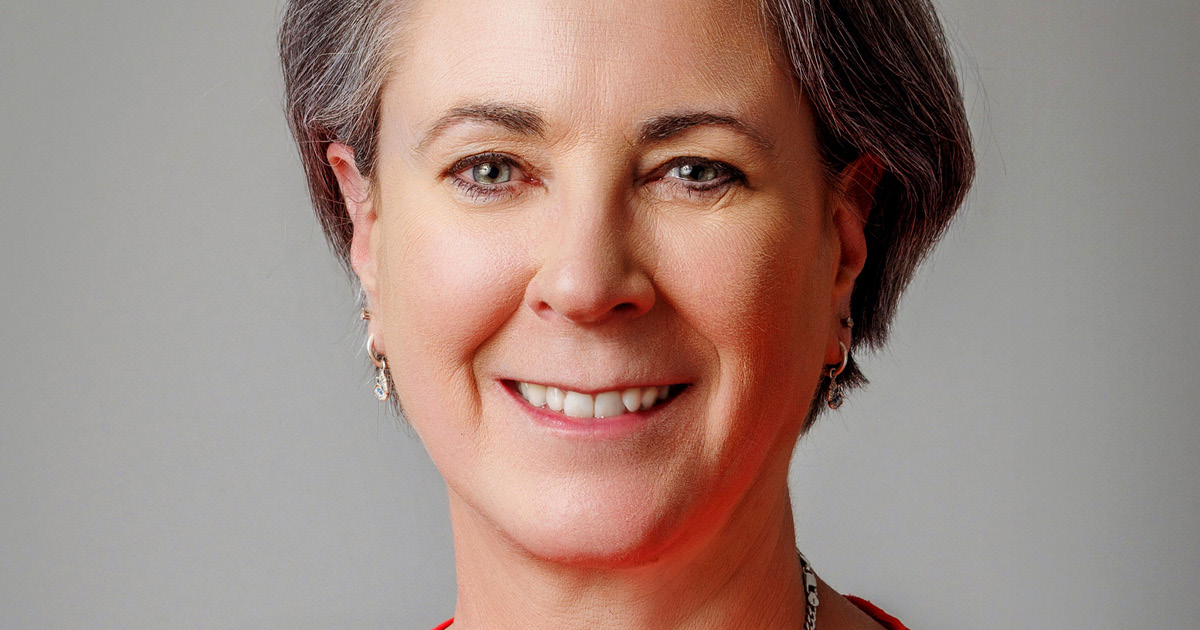Karina Ewer’s career has been anything but conventional. With a background spanning state government, natural resources, mining, HR and quality assurance, her path to becoming the CEO of Berrigan Shire Council was far from linear. Yet her willingness to embrace new opportunities and her passion for leadership have positioned her as a driving force behind the council’s transformation.
“I’ve had many different careers,” Ewer tells The CEO Magazine. “A lot of it has been due to studying, to saying ‘yes’ to opportunities and making sure I’m in the right place at the right time.”
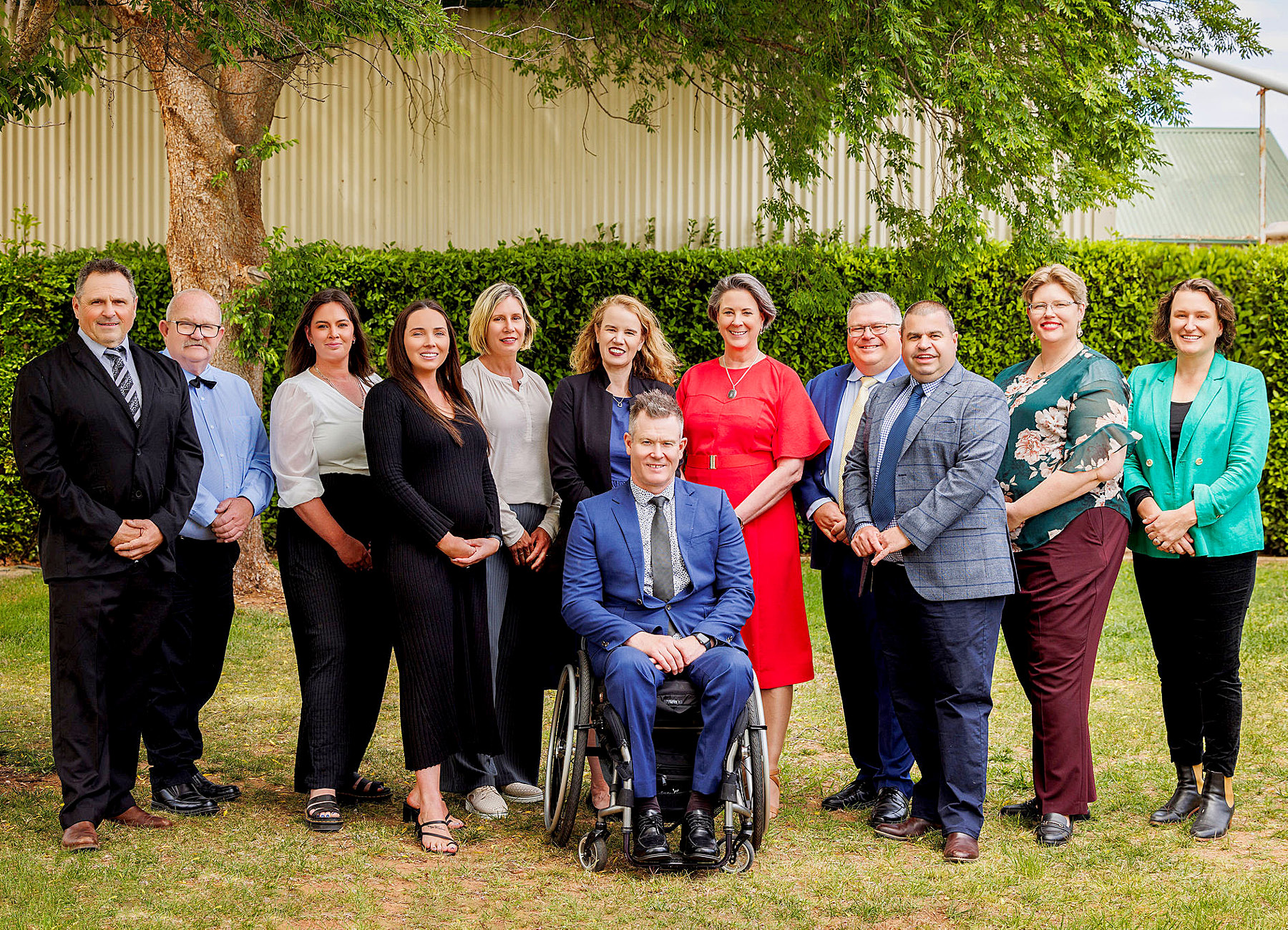
“People will say, ‘Isn’t that a big job for a girl?’ But it’s a big job for anybody.”
Originally from Queensland, Ewer’s first foray into local government was in South Australia, where she worked in the remote community of Streaky Bay before making the move to Berrigan. Now in her seventh year as a CEO – three years in South Australia and four in Berrigan – she has seen firsthand how local government can shape communities.
“I love rural life. Here, I’m able to be much closer to the community,” she explains. “The bigger the council, the further the CEO is from delivery.”
Taking opportunities
Becoming a council CEO was never a long-term goal for Ewer, but when opportunities arose, she took them.
“If you asked me even 10 years ago if I thought I’d ever be a CEO of a council, I’d have looked at you like you had another head,” she jokes.
“The opportunities have come up, and I’ve always sort of thought, ‘What’s the worst they can say?’ They can say no, and I’m no worse off, so I put myself out there. And I end up in these random, yet amazing, places.”
In collaboration with
Essential Energy

Her adaptability and leadership skills ultimately made her the right fit for Berrigan Shire Council. However, when she first joined, there were no women in the council. Today, the landscape has changed dramatically.
“Now we have six women and two men,” she says. “So it’s gone a bit the other way. I think it helps when women can see other women doing this kind of work. They think, ‘Oh, if she can do it, then I can too.’”
Yet despite this progress, challenges remain.
“Women can be underestimated,” Ewer points out. “People will say, ‘Isn’t that a big job for a girl?’ But it’s a big job for anybody. You just have to have the stamina to keep up.”
Doing things differently
While Ewer has already worked to effect change in a number of key areas, the one she’s proudest of is within the council’s workforce.
“When I first got here, about a third of the budgeted workforce was vacant. We only have four vacancies now,” she says with a smile.

“We go well above what a little council in a tiny rural shire can typically get done.”
Under her leadership, Berrigan Shire Council is operating at near full capacity, with 100 employees currently on staff.
“We’ve created flexible work arrangements and have gotten some really highly qualified people to come here because we can do things a little bit differently,” Ewer says. “We’ve gone from a shire that couldn’t keep staff to one that does.”
This engaged workforce brings a multitude of benefits, including greater efficiency and productivity.
“We get a lot done,” she explains. “We go well above what a little council in a tiny rural shire can typically get done at the end.
“Of course, we have to balance it with what we can afford, but that’s where our partnerships come in.”
Strategic partnerships
Berrigan Shire Council has been proactive in securing external funding and expertise to tackle major infrastructure projects.
After the 2022 floods, for example, the council received a staggering US$3.76 million in disaster funding – an unprecedented amount compared to the US$28,000 it had received in the past.
“Curry Project Management has been essential in making sure we can continue business as usual,” Ewer says. “They fixed the damaged roads and bridges along with everything else that came with the flooding. We wouldn’t have been able to do it without them.
“They’ve also uplifted our staff’s capabilities in project management, and when they leave, they’ll leave us in a better place.”
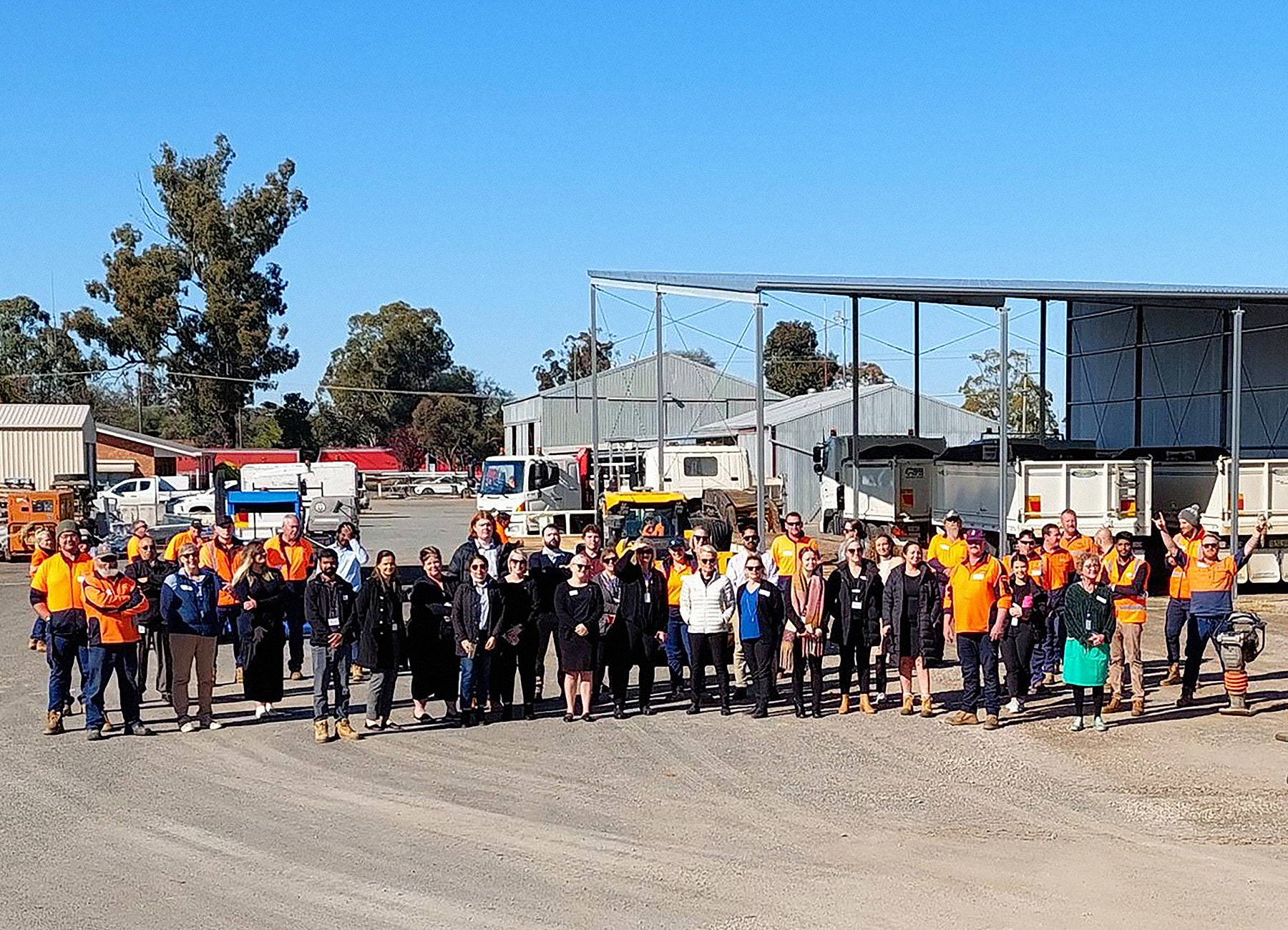
“Having a university here means we could start to grow our own locals, which is important in the long run.”
Another major initiative is the undergrounding of electricity lines in Berrigan Township, a US$1.57 million project that wouldn’t have been possible without external support.
“In Berrigan township, the power lines [transmission towers] are too close to a number of buildings in our heritage zone,” Ewer says.
“That means it’s almost impossible to work on things like their roofs or any other maintenance tasks. If they wanted to work on their roofs now, they’d have to de-energize the whole area on a Sunday, costing them thousands – so not great outcomes for the community.”
Essential Energy, a regionally based electricity distribution company that works closely with the councils across 95 percent of New South Wales, provided the shire with roughly half of the funding it needed. According to its COO Luke Jenner, Essential Energy saw it as an investment in its mission to deliver reliability, resilience and economic benefits to the community.
“It’s one of the biggest projects our council has ever taken on,” Ewer says. “Typically, things like this would be outside a council’s remit, so we’re thrilled to be able to do it. This project will uplift the face of the Berrigan township main street, providing some resilience to the community.”
Education and connectivity
Ewer is also spearheading efforts to improve access to higher education through a Country University Centre initiative in collaboration with Edward River Council.
“We want to put a country university center in both Deniliquin and Finley. Deniliquin has a very low socioeconomic group, and Finley has a next to zero percent uptake of tertiary education,” she says.
“So we are determined to get these up and running with TAFE. Having a university here means we could start to grow our own locals, which is important in the long run.”
On the digital front, Ewer is working closely with Telstra on improving digital connectivity through funding partnerships that include all levels of government and private enterprise.
“There are still some places here where you can’t make a triple-zero [emergency] call. That’s not an acceptable outcome, but it’s put up with in rural communities because no-one listens,” she says.
“We want to make sure our communities have access to the digital services they need.”
A job that matters
Despite the many challenges that come with running a rural council, Ewer remains deeply committed to the work.
“Sometimes you’ve got to make really hard decisions that people don’t like or appreciate. But that’s the job,” she acknowledges. “When I feel like I’ve done something well or made a positive impact, that keeps me going.”
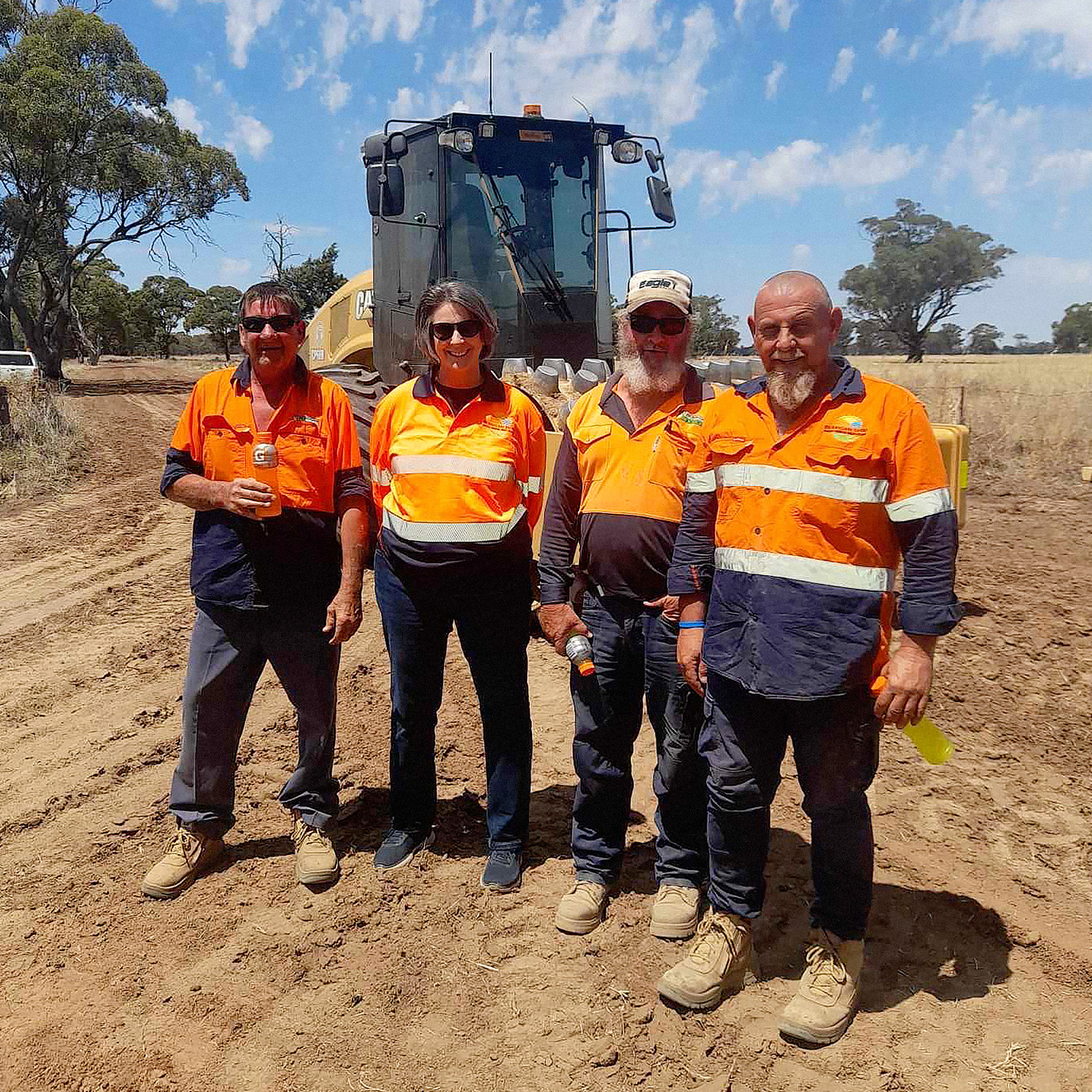
“If you have something you can do to help, then do that. After all, it is your community.”
Ewer’s passion runs deep, and she encourages others to get involved in the rewarding work.
“It’s really important to understand what your local government does for you,” she says. “If you have something you can do to help, then do that. After all, it is your community.”

